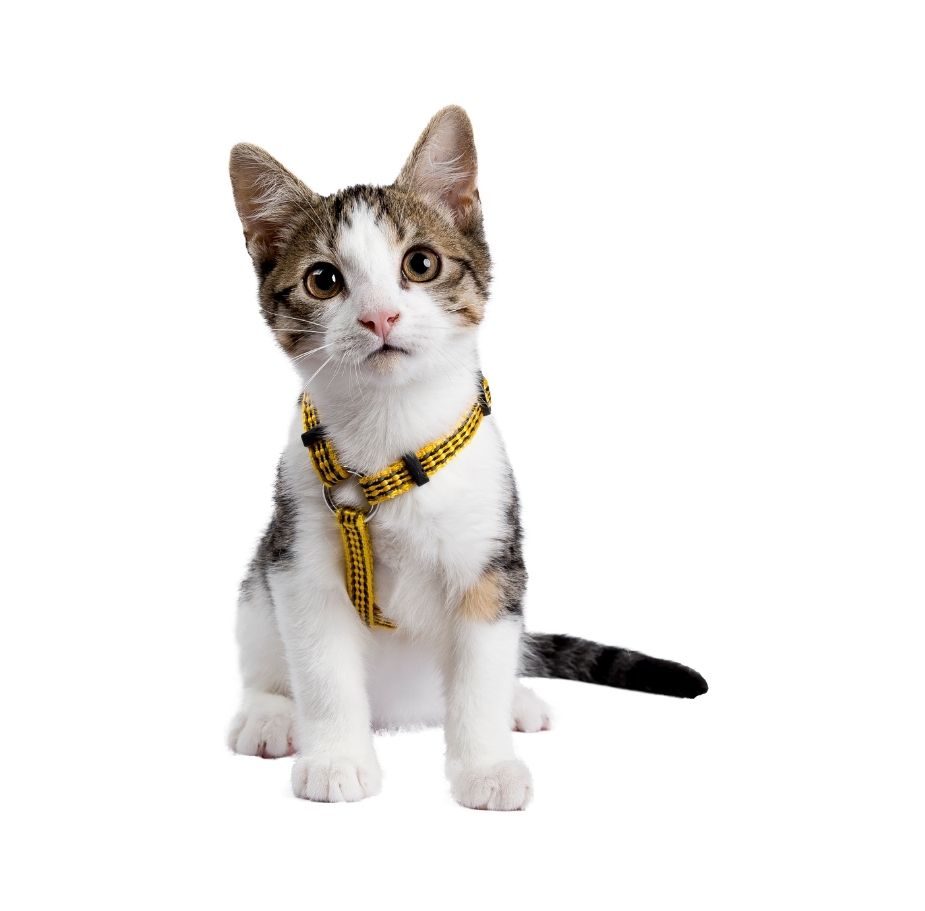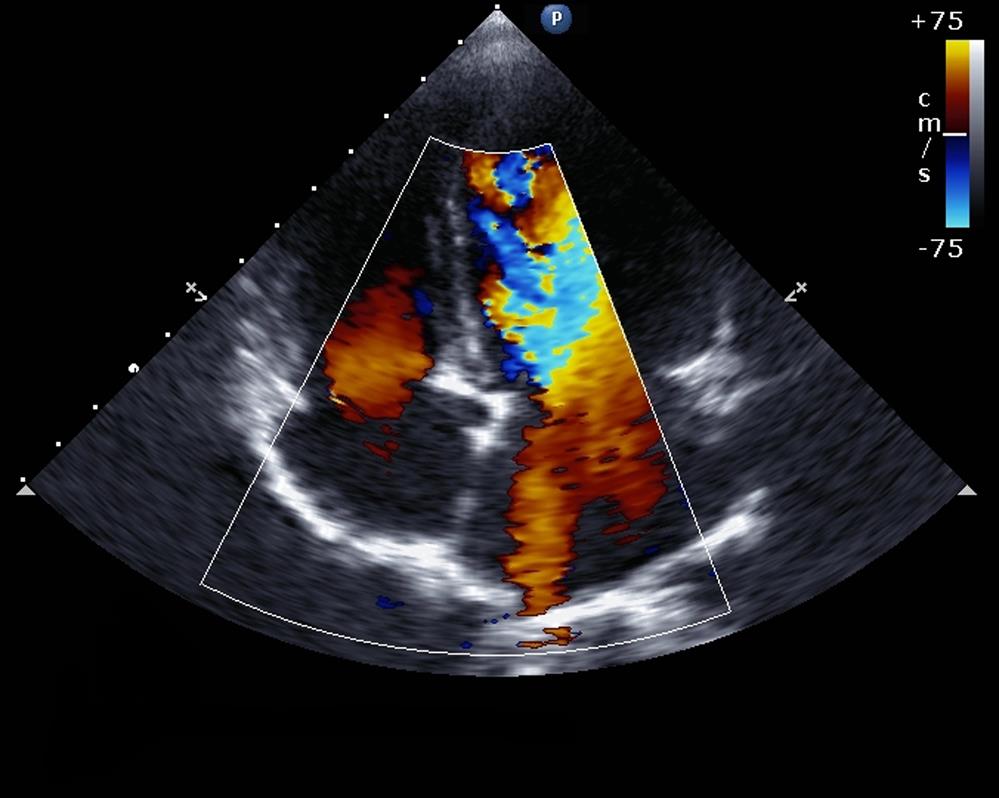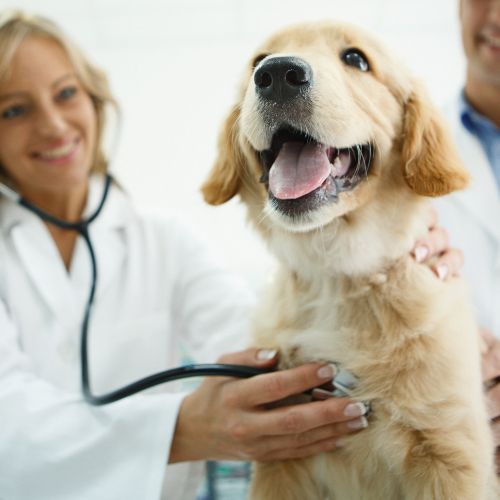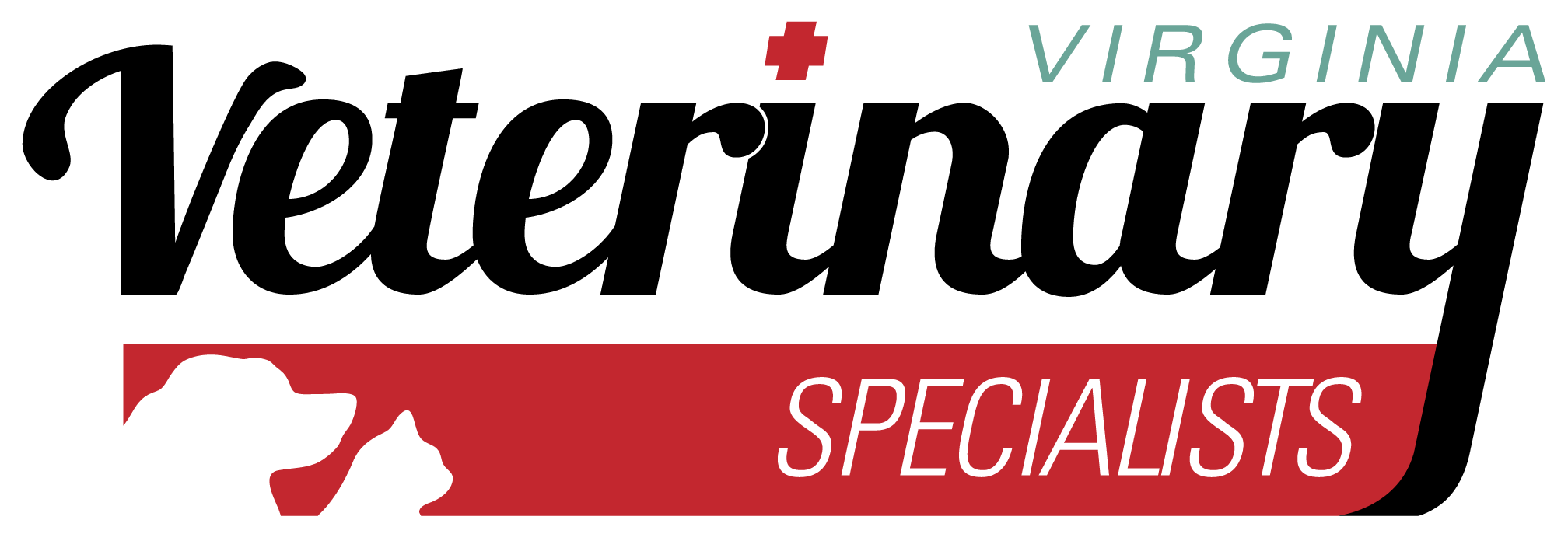Cardiology
Learn more about cardiology below.

Cardiology

What is a Veterinary Cardiologist?
A board-certified veterinary cardiologist is a veterinarian who obtained their DVM license after completing advanced medical training consisting of a 1-2 year internship and a three-year residency in cardiology. A board-certified cardiologist must complete a specific number of echocardiograms in different species during their residency, a particular number of cardiac catheterizations, and interventional procedures. Upon completing the residency program, they must pass the cardiology certification examination to practice veterinary cardiology. A veterinary cardiologist must have experience and training in both diagnosis and treatment options for cardiac diseases.
Cardiologists are trained to perform a variety of diagnostics such as ECG (electrocardiogram), echocardiogram (an ultrasound of the heart), and Holter monitoring (a 24-hour ECG). They will also often review thoracic (chest) radiographs and bloodwork your primary veterinarian has performed. Once the appropriate diagnostics are completed, the cardiologist can make treatment recommendations. The goal is to provide you and your pet with long-term support and management of your pet’s cardiac disease working closely with your family veterinarian to maintain continuity of care.
Cardiology Patients
Most dogs and cats with significant cardiac disease will require treatment with medications. These medications can be lifelong and must be monitored and assessed regularly. Certain conditions of the pericardium (the sac around the heart) and some types of congenital heart disease can be managed with surgery. In this case, our cardiologist will work closely with our surgeons to formulate the proper surgical plan for your pet. Some types of heart disease can be treated with procedures such as interventional cardiology. A cardiologist can place special catheters into the heart while the patient is under anesthesia that can be used to open blocked valves, measure pressures, or occlude abnormal blood vessels. This technique can also be used to place permanent pacemaker devices in patients with abnormal heart rhythms.
For more information about cardiology specialists, please visit the American College of Veterinary Internal Medicine sub-specialty cardiology website.
Article

